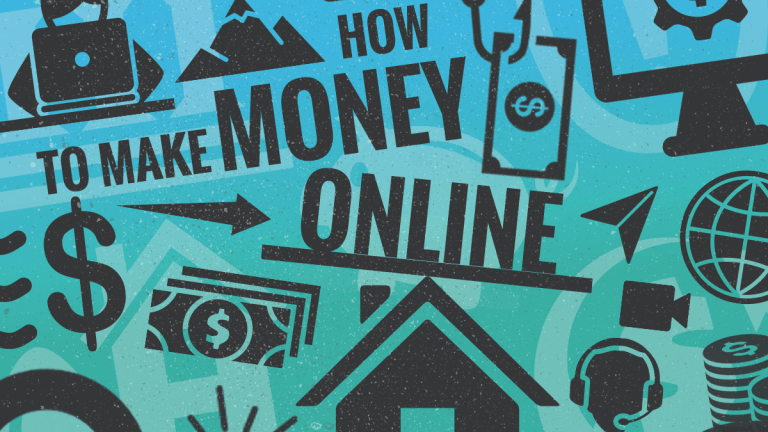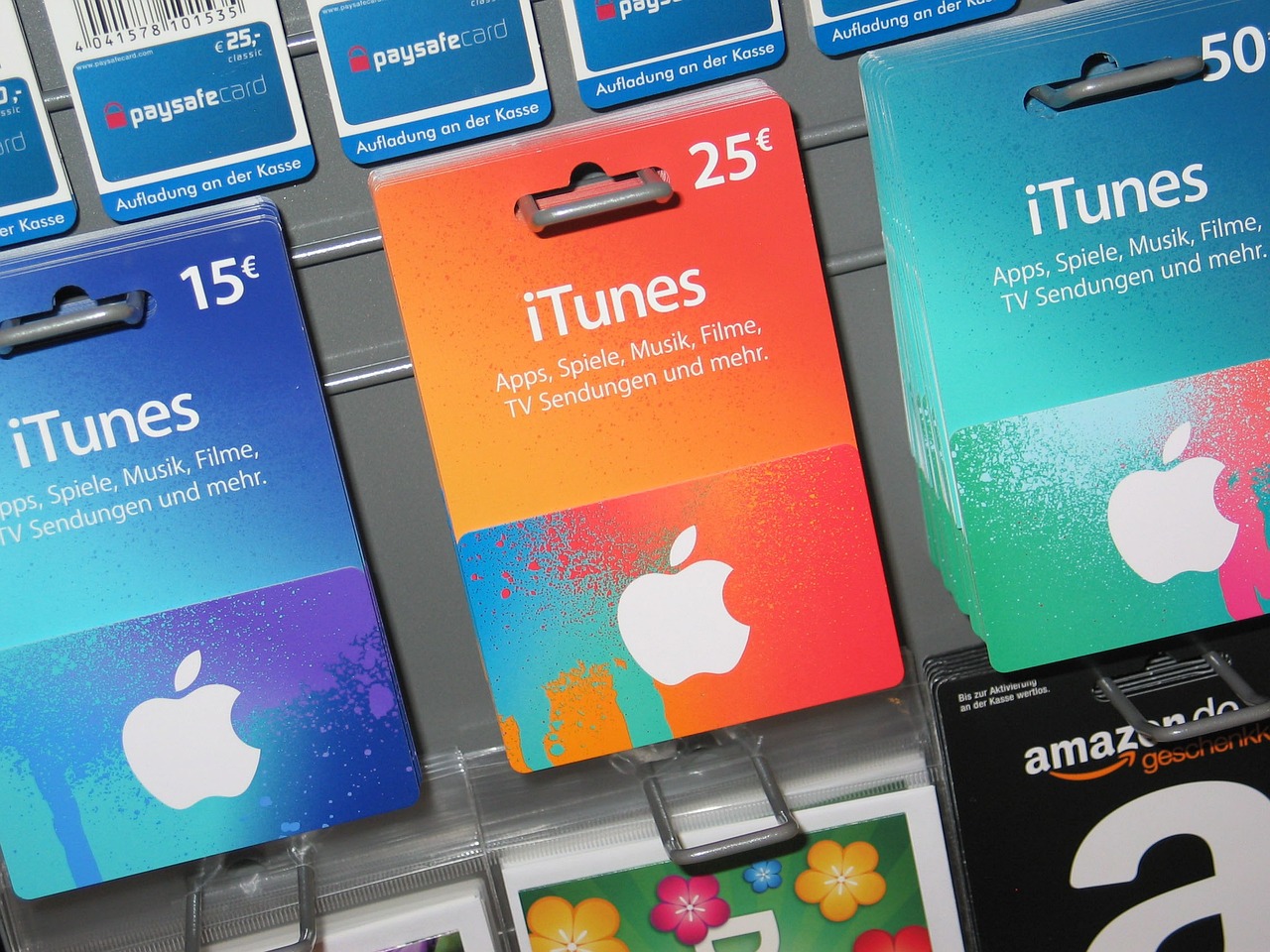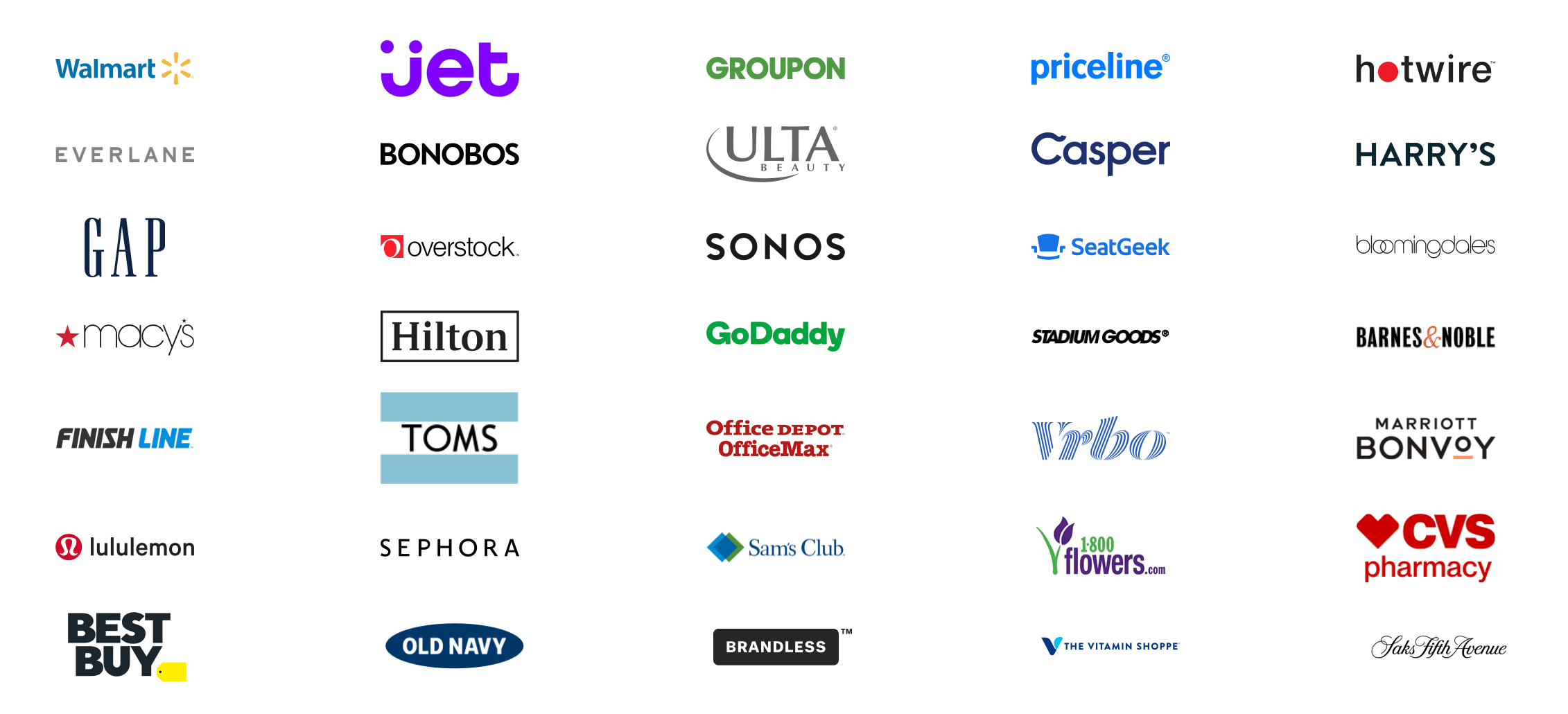In the ever-evolving landscape of online content creation, blogging has become a potent medium for individuals to express their thoughts, share experiences, and engage with a global audience. While many bloggers pursue their passion without the primary goal of making money, the potential to monetize a blog is an enticing prospect for those looking to turn their writing endeavors into a sustainable source of income. In this comprehensive guide, we will delve into various strategies to effectively monetize your blog, offering detailed insights and considerations for each approach.
1. Pay-Per-Click Advertising: Maximizing Clicks for Revenue
Overview: Pay-Per-Click (PPC) advertising is a popular monetization method that involves placing banners or text ads strategically within your blog. The core concept revolves around earning a commission each time a visitor clicks on these ads. Google AdSense, a widely used PPC platform, allows independent publishers to apply their websites for ad placements.
Implementation: Upon approval, bloggers gain access to a dashboard where they can generate codes to embed in their websites, displaying ads. The commission earned is based on the bidding prices for keywords set by advertisers. While Google AdSense is a leading option, alternative PPC ad network managers like Chitika, Infolinks, and VigLink offer additional choices.
Considerations: For optimal results, ensure compliance with Google AdSense Program Policy and adhere to Webmaster Quality Guidelines. It’s essential to choose keywords strategically to attract relevant ads and maximize potential earnings.
2. Private Advertising: Offering Exclusive Ad Spaces
Overview: Private advertising involves selling ad spaces on your blog directly to independent companies or fellow bloggers. Unlike PPC, the pricing is negotiable and typically involves a fixed monthly payment.
Implementation: Before engaging in private advertising, it’s crucial to assess your blog’s traffic. Genuine followers, consistent organic traffic, and a credible reputation are prerequisites for attracting potential advertisers.
Considerations: Private advertising provides more control over pricing and terms, but success hinges on building a reputable blog with a loyal audience. Ensure that your blog aligns with the interests of potential advertisers to enhance the effectiveness of private ad placements.
3. Solo Ads: Unlocking Revenue Through Email Marketing
Overview: Solo ads represent a unique monetization method wherein bloggers sell one-time email blasts to buyers looking to promote products or services to their subscribers.
Implementation: This approach, often labeled ‘backdoor selling,’ is commonly employed by marketers. For instance, a blog focused on “dog training” could sell solo ads to vendors offering products related to dog training, such as eBooks or video courses.
Considerations: Successful implementation requires a targeted email list and alignment between the content of the solo ad and the interests of your subscribers. The credibility of both your blog and the advertised products plays a pivotal role in the effectiveness of this strategy.
4. Affiliate Marketing: Partnering for Profitable Promotion
Overview: Affiliate marketing is a widely adopted method wherein bloggers partner with businesses to promote their products directly on their websites.
Implementation: Bloggers can place banner or text ads, incorporating affiliate links, on their websites. Commissions are earned when visitors click on these ads and make purchases.
Considerations: Choose affiliate products that align with your blog’s theme and resonate with your audience. Crafting creative and genuine promotional content enhances the effectiveness of affiliate marketing. Be vigilant in adhering to rules and agreements to maintain a positive relationship with affiliate partners.
5. Selling Your Own Products: Diversifying Revenue Streams
Overview: Bloggers can diversify their income streams by selling both physical and digital products online.
Implementation: Physical products may include merchandise like t-shirts or books, while digital products could encompass eBooks, PDFs, or video courses. Partnering with third-party merchants for affiliate marketing can expedite product sales.
Considerations: Create products related to your blog’s niche and ensure they provide genuine value to your audience. Establish clear pricing structures and collaborate with reputable third-party merchants to broaden your product’s reach through affiliate marketing.
6. Freelancing via Your Blog: Leveraging Writing Skills for Income
Overview: Blogging opens the door to freelancing opportunities, allowing individuals with strong writing skills to offer their services to clients.
Implementation: Freelance writers can showcase their expertise through their blogs or guest blogging opportunities. Platforms like Craigslist, ProBlogger, Elance, and Fiverr provide avenues to connect with potential clients.
Considerations: Establish a portfolio that highlights your writing skills and expertise. Set competitive but reasonable prices, and actively seek opportunities through various freelance platforms to build a client base.
7. Create a Membership Site: Building a Sustainable Income Stream
Overview: Creating a membership site involves offering exclusive content, forums, live webinars, or access to affiliate programs to paying members.
Implementation: Consider various membership ideas, such as providing exclusive content access, member-only forum access, live webinars, or member-only access to affiliate programs.
Considerations: Evaluate the sustainability of your chosen membership model. Questions such as the type of product or service you can consistently offer, the duration of your commitment, and opportunities for improvement are crucial considerations.
Conclusion: Empowering Your Blogging Journey
While the initial motivation for many bloggers is often rooted in passion and a desire to share knowledge, the prospect of monetization introduces an additional layer of opportunity. Each strategy discussed in this guide offers a unique avenue for generating income, and the effectiveness of these approaches depends on factors such as niche relevance, audience engagement, and the blogger’s commitment.
It’s important to approach monetization with a blend of creativity, strategic thinking, and a genuine commitment to providing value to your audience. Experimenting with different strategies, staying updated on industry trends, and consistently refining your approach will contribute to the long-term success of your blog as a viable income-generating asset.
In the dynamic realm of online content creation, the possibilities are vast, and for bloggers willing to explore and adapt, the journey towards a monetized blog can be both rewarding and sustainable.











